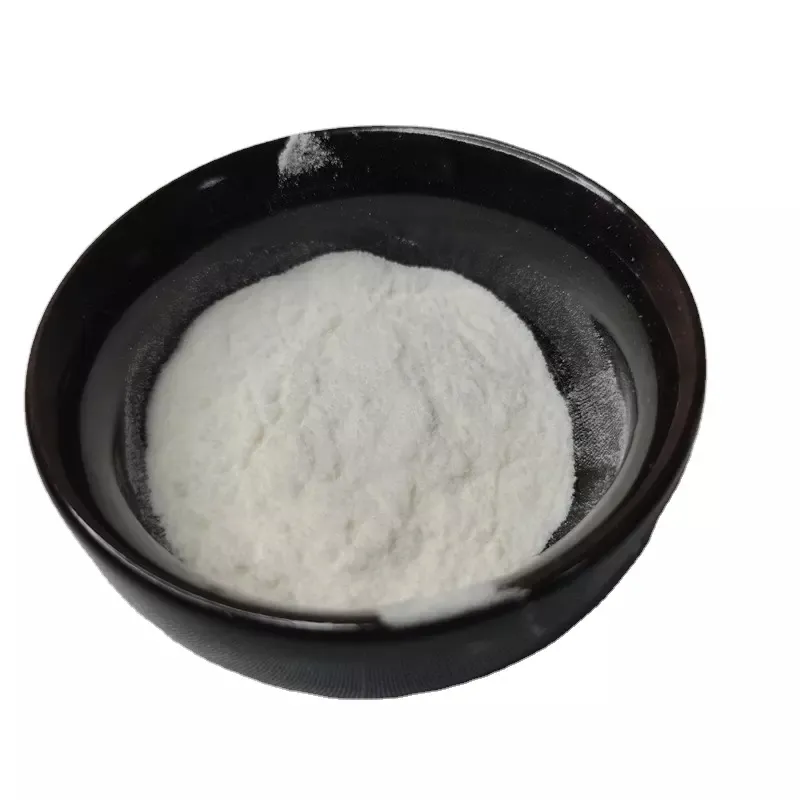Warning: Undefined array key "title" in /home/www/wwwroot/HTML/www.exportstart.com/wp-content/themes/1198/header.php on line 6
Warning: Undefined array key "file" in /home/www/wwwroot/HTML/www.exportstart.com/wp-content/themes/1198/header.php on line 7
Warning: Undefined array key "title" in /home/www/wwwroot/HTML/www.exportstart.com/wp-content/themes/1198/header.php on line 7
Warning: Undefined array key "title" in /home/www/wwwroot/HTML/www.exportstart.com/wp-content/themes/1198/header.php on line 7
Nov . 10, 2024 17:34 Back to list
Healthy Alternatives to Sugar with Sweet Xylitol for a Balanced Diet
The Sweet Benefits of Xylitol A Natural Sugar Substitute
In a world increasingly aware of the health implications of sugar consumption, xylitol has emerged as a popular alternative. This natural sugar alcohol, which is often found in birch bark and various fruits, has garnered attention for its unique properties and health benefits. This article explores xylitol, its uses, benefits, and potential drawbacks, providing a comprehensive overview of why it’s sweetening the lives of many.
What is Xylitol?
Xylitol is a naturally occurring carbohydrate that has a sweetness comparable to sucrose (table sugar) but with only about 40% of the calories. It is categorized as a sugar alcohol, which means it has a chemical structure similar to both sugar and alcohol, yet it does not contain ethanol. Xylitol is typically produced from xylose, a sugar derived from wood, corn, or other plant materials.
One of the attractive features of xylitol is its low glycemic index, which means it has a minimal impact on blood sugar levels. This characteristic makes it an ideal sugar substitute for diabetics and those looking to manage their blood sugar levels.
Health Benefits of Xylitol
1. Dental Health One of the most significant benefits of xylitol is its positive effect on dental health. Unlike regular sugar, xylitol does not contribute to the growth of harmful bacteria in the mouth. In fact, studies have shown that regular consumption of xylitol can reduce the risk of cavities and dental decay. The sugar alcohol helps neutralize acids in the mouth, thereby maintaining a healthier oral environment.
2. Bone Health Recent research has suggested that xylitol may support bone health. Some studies indicate that xylitol supplementation can enhance bone density and strength, making it a potential ally in the prevention of osteoporosis. While more research is required to fully understand this benefit, the preliminary findings are promising.
3. Weight Management Since xylitol is lower in calories than sugar, it can be a useful tool for those looking to manage their weight. Substituting xylitol for sugar in cooking and baking allows individuals to enjoy sweet flavors without the added calories, making it easier to adhere to a calorie-restricted diet.
sweet xylitol

4. Wound Healing Some studies have also suggested that xylitol may aid in the healing of wounds. Its antibacterial properties may promote faster recovery, making it a valuable addition to topical medications and treatments.
5. Moisturizing Properties Beyond culinary uses, xylitol has moisturizing properties that make it an excellent ingredient in skincare products. It can help to retain moisture in the skin, preventing dryness and irritation, which is beneficial for those with sensitive skin.
Potential Drawbacks
Despite its many benefits, xylitol is not without drawbacks. For some individuals, particularly if consumed in large quantities, xylitol can cause digestive upset, including bloating, gas, and diarrhea. This is due to its sugar alcohol nature, which can be poorly absorbed in the digestive system.
Additionally, it is crucial to note that xylitol is highly toxic to dogs. Even small amounts can lead to severe hypoglycemia and potential liver failure in pets. Dog owners must exercise caution to keep products containing xylitol out of reach of their furry friends.
Culinary Uses
Xylitol has found its place in various culinary applications. It can be used as a sugar substitute in baking, cooking, and even in beverages. Many brands of sugar-free gum and candies incorporate xylitol for its sweetening properties and dental benefits. However, when baking, it’s essential to consider that xylitol doesn’t caramelize like sugar, so some recipes may require adjustments.
Conclusion
In conclusion, xylitol presents a sweet alternative to traditional sugar, offering several health benefits along with a lower caloric content. From promoting dental health to supporting weight management, its advantages make it appealing to many health-conscious individuals. However, moderate consumption is key, especially for those with sensitive digestive systems. With the proper precautions in mind, xylitol can be a delightful addition to a balanced diet, sweetening life without the sugar overload.

